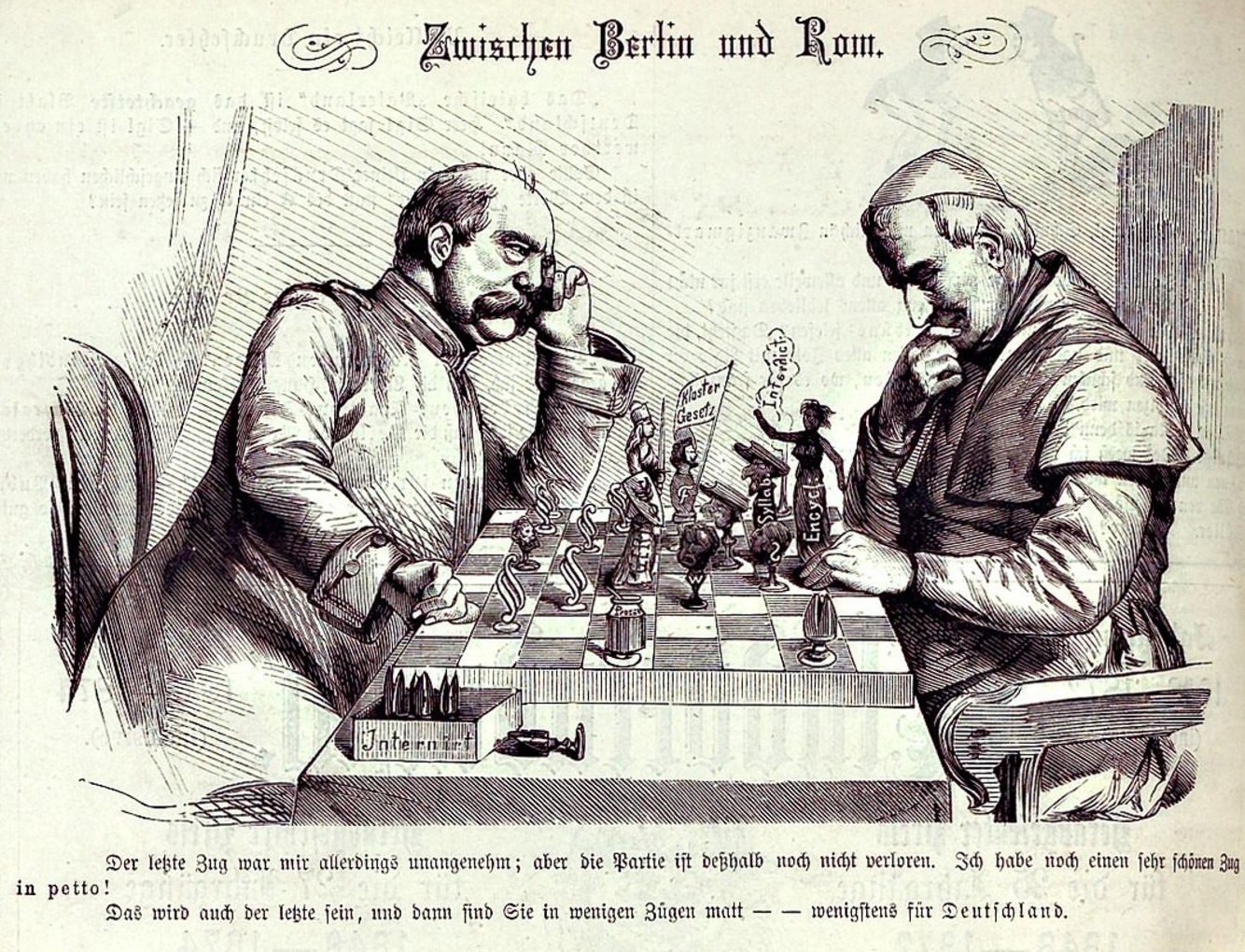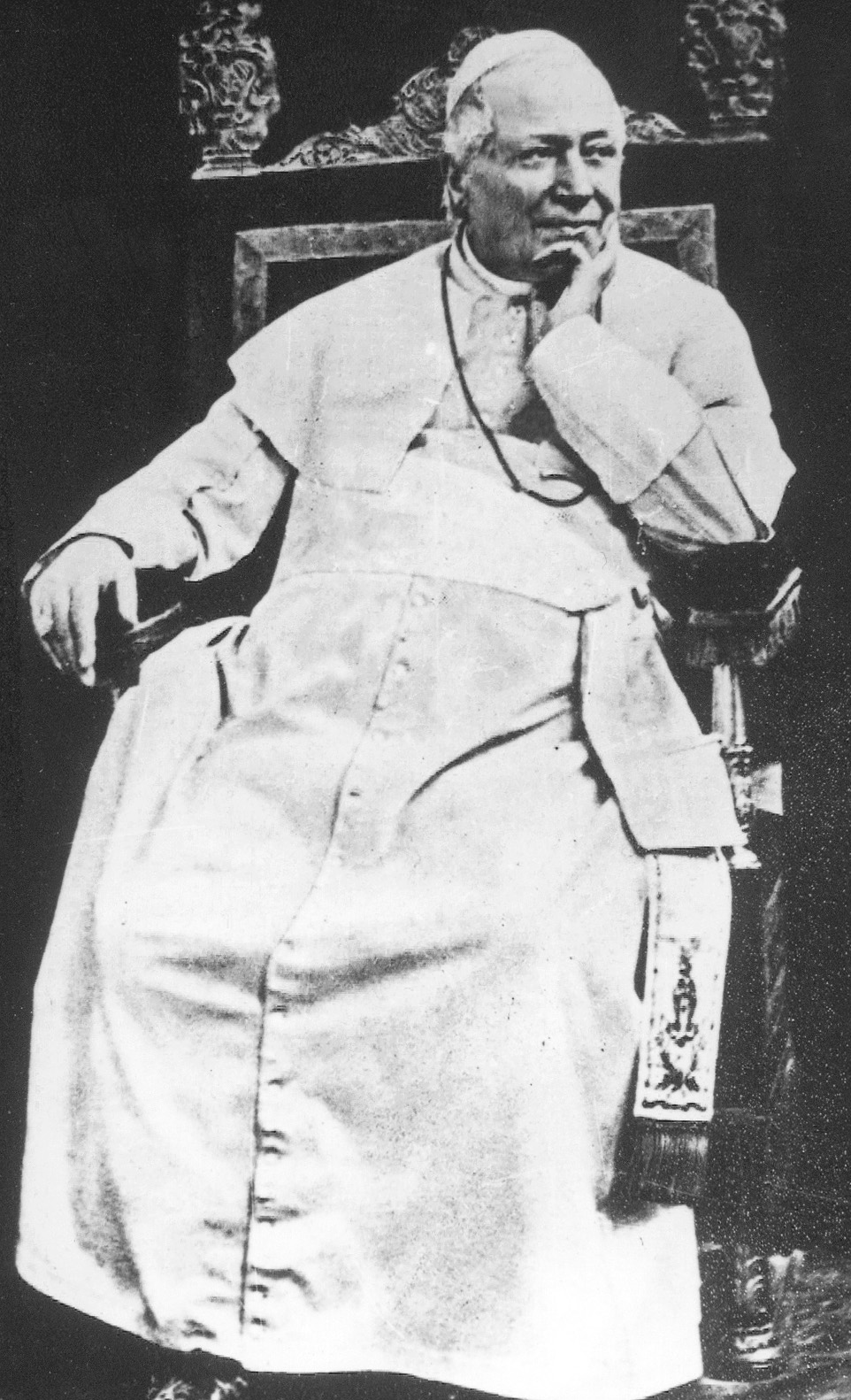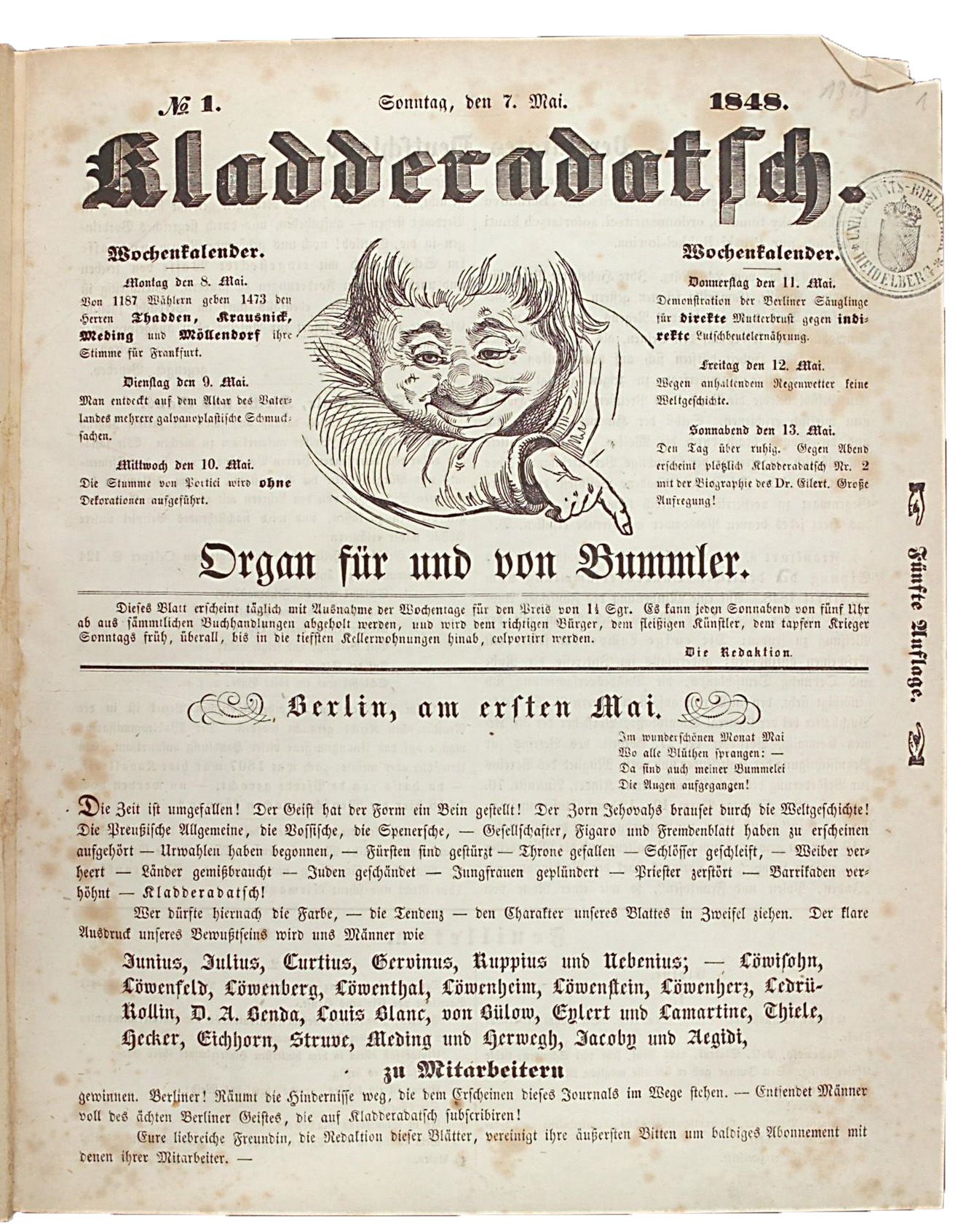|
Culture Wars
A culture war is a cultural conflict between social groups and the struggle for dominance of their values, beliefs, and practices. It commonly refers to topics on which there is general societal disagreement and polarization in societal values. Its contemporary use refers to a social phenomenon in which multiple social groups, holding distinct values and ideologies, attempt to steer public policy in opposition to each other, thus a culture war now describes "hot button" or "polarizing" social issues in politics and public policy. Contemporary wedge issues include abortion, homosexuality, transgender rights, pornography, multiculturalism, racism and other cultural conflicts based on values, morality, and lifestyle which are described as the major political cleavage. Etymology The term ''culture war'' is a loan translation ( calque) of the German ''Kulturkampf'' ('culture struggle'). In German, ''Kulturkampf'', a term coined by Rudolf Virchow, refers to the clash be ... [...More Info...] [...Related Items...] OR: [Wikipedia] [Google] [Baidu] |
Cultural Conflict
Cultural conflict is a type of conflict that occurs when different cultural values and beliefs clash. Broad and narrow definitions exist for the concept, both of which have been used to explain violence (including war) and crime, on either a micro or macro scale. Conflicting values Jonathan H. Turner defines ''cultural conflict'' as a conflict caused by "differences in cultural values and beliefs that place people at odds with one another." On a micro level, Alexander Grewe discusses a cultural conflict between guests of different culture and nationality as seen in a British 1970 sitcom, ''Fawlty Towers''. He defines this conflict as one that occurs when people's expectations of a certain behavior coming from their cultural backgrounds are not met, as others have different cultural backgrounds and different expectations. Cultural conflicts are difficult to resolve as parties to the conflict have different beliefs. Cultural conflicts intensify when those differences become refl ... [...More Info...] [...Related Items...] OR: [Wikipedia] [Google] [Baidu] |
Kulturkampf
(, 'culture struggle') was the conflict that took place from 1872 to 1878 between the Catholic Church led by Pope Pius IX and the government of Prussia led by Otto von Bismarck. The main issues were clerical control of education and ecclesiastical appointments. A unique feature of , compared to other struggles between the state and the Catholic Church in other countries, was Prussia's anti-Polish component. By extension the term is sometimes used to describe any conflict between secular and religious authorities or deeply opposing values, beliefs between sizable factions within a nation, community, or other group. Background Europe and the Catholic Church Under the influence of new emerging philosophies and ideologies, such as the enlightenment, realism, positivism, materialism, nationalism, secularism, and liberalism, the role of religion in society and the relationship between society and established churches underwent profound changes in the 18th and 19th centuries. Po ... [...More Info...] [...Related Items...] OR: [Wikipedia] [Google] [Baidu] |
Roaring Twenties
The Roaring Twenties, sometimes stylized as Roaring '20s, refers to the 1920s decade in music and fashion, as it happened in Western society and Western culture. It was a period of economic prosperity with a distinctive cultural edge in the United States and Europe, particularly in major cities such as Berlin, Buenos Aires, Chicago, London, Los Angeles, Mexico City, New York City, Paris, and Sydney. In France, the decade was known as the '' années folles'' ("crazy years"), emphasizing the era's social, artistic and cultural dynamism. Jazz blossomed, the flapper redefined the modern look for British and American women, and Art Deco peaked. In the wake of the military mobilization of World War I and the Spanish flu, President Warren G. Harding " brought back normalcy" to the United States. The social and cultural features known as the Roaring Twenties began in leading metropolitan centres and spread widely in the aftermath of World War I. The spirit of the Roaring Twenties ... [...More Info...] [...Related Items...] OR: [Wikipedia] [Google] [Baidu] |
Modern Liberalism In The United States
Modern liberalism in the United States, often simply referred to in the United States as liberalism, is a form of social liberalism found in American politics. It combines ideas of civil liberty and equality with support for social justice and a "checked-and-validated" market economy. Economically, modern liberalism opposes cuts to the social safety net and supports a role for government in reducing inequality, providing education, ensuring access to healthcare, regulating economic activity and protecting the natural environment. This form of liberalism took shape in the 20th century United States as the voting franchise and other civil rights were extended to a larger class of citizens. Major examples of modern liberal policy programs include the New Deal, the Fair Deal, the New Frontier, and the Great Society. In the first half of the 20th century, both major American parties had a conservative and a liberal wing. The conservative northern Republicans and Southern De ... [...More Info...] [...Related Items...] OR: [Wikipedia] [Google] [Baidu] |
Progressivism In The United States
Progressivism in the United States is a political philosophy and reform movement in the United States advocating for policies that are generally considered left-wing, left-wing populist, libertarian socialist, social democratic, and environmentalist. In mainstream American politics, progressives generally advocate for a universal healthcare system, wage equity and labor rights, economic justice, social justice, opposition to the military-industrial complex, corporate regulation, the abolition of capital punishment, and action on climate change. It reached its height early in the 20th century. Middle class and reformist in nature, it arose as a response to the vast changes brought by modernization such as the growth of large corporations, pollution and corruption in American politics. Historian Alonzo Hamby describes American progressivism as a "political movement that addresses ideas, impulses, and issues stemming from modernization of American society. Emerging at th ... [...More Info...] [...Related Items...] OR: [Wikipedia] [Google] [Baidu] |
Conservativism In The United States
Conservatism in the United States is a political and social philosophy based on a belief in limited government, individualism, traditionalism, republicanism, and limited federal governmental power in relation to U.S. states. Conservative and Christian media organizations, along with American conservative figures, are influential, and American conservatism is one of the majority political ideologies within the Republican Party. American social conservatives typically support what they consider Christian values, moral absolutism, traditional family values, and American exceptionalism, while opposing abortion, euthanasia, and same-sex marriage. It favours economic individualism, and is generally pro- business and pro-capitalism, while supporting anti-communism and opposing labor unions. It often advocates a strong national defense, gun rights, free trade, and a defense of Western culture from perceived threats posed by both communism and moral relativism. Since th ... [...More Info...] [...Related Items...] OR: [Wikipedia] [Google] [Baidu] |
Traditionalist Conservatism
Traditionalist conservatism, often known as classical conservatism, is a political and social philosophy that emphasizes the importance of transcendent moral principles, manifested through certain natural laws to which society should adhere prudently. Traditionalist conservatism is based on Edmund Burke's political views. Traditionalists value social ties and the preservation of ancestral institutions above excessive individualism. The concepts of custom, convention, and tradition are heavily emphasized in traditionalist conservatism. Theoretical reason is regarded as of secondary importance to practical reason. The state is also viewed as a social endeavor with spiritual and organic characteristics. Traditionalists think that any change spontaneously arises from the community's traditions rather than as a consequence of deliberate, reasoned thought. Leadership, authority, and hierarchy are seen as natural to humans. Traditionalism arose in Europe throughout the 18th ce ... [...More Info...] [...Related Items...] OR: [Wikipedia] [Google] [Baidu] |
Kladderadatsch 1875 - Zwischen Berlin Und Rom
''Kladderadatsch'' (onomatopoeic for "Crash") was a satirical German-language magazine first published in Berlin on 7 May 1848. It appeared weekly or as the ''Kladderadatsch'' put it: "daily, except for weekdays." It was founded by Albert Hofmann and David Kalisch, the latter the son of a Jewish merchant and the author of several works of comedy.Library: Kladderadatsch (1848-1944) {{DEFAULTSORT:Kladderadatsch Defunct magazines published in Germany German-language magazines Satirical magazines published in Germany Magazines established in 1848 Magazines disestablished in 1944 Magazines published in Berlin 1848 establishments in Germany 1944 disestablishments in Germany Conservative magazines published in Germany ... [...More Info...] [...Related Items...] OR: [Wikipedia] [Google] [Baidu] |
Robert Appleton Company
The name Robert is an ancient Germanic given name, from Proto-Germanic "fame" and "bright" (''Hrōþiberhtaz''). Compare Old Dutch ''Robrecht'' and Old High German ''Hrodebert'' (a compound of '' Hruod'' ( non, Hróðr) "fame, glory, honour, praise, renown" and ''berht'' "bright, light, shining"). It is the second most frequently used given name of ancient Germanic origin. It is also in use as a surname. Another commonly used form of the name is Rupert. After becoming widely used in Continental Europe it entered England in its Old French form ''Robert'', where an Old English cognate form (''Hrēodbēorht'', ''Hrodberht'', ''Hrēodbēorð'', ''Hrœdbœrð'', ''Hrœdberð'', ''Hrōðberχtŕ'') had existed before the Norman Conquest. The feminine version is Roberta. The Italian, Portuguese, and Spanish form is Roberto. Robert is also a common name in many Germanic languages, including English, German, Dutch, Norwegian, Swedish, Scots, Danish, and Icelandic. It can b ... [...More Info...] [...Related Items...] OR: [Wikipedia] [Google] [Baidu] |
The Catholic Encyclopedia
The ''Catholic Encyclopedia: An International Work of Reference on the Constitution, Doctrine, Discipline, and History of the Catholic Church'' (also referred to as the ''Old Catholic Encyclopedia'' and the ''Original Catholic Encyclopedia'') is an English-language encyclopedia published in the United States and designed to serve the Catholic Church. The first volume appeared in March 1907 and the last three volumes appeared in 1912, followed by a master index volume in 1914 and later supplementary volumes. It was designed "to give its readers full and authoritative information on the entire cycle of Catholic interests, action and doctrine". The ''Catholic Encyclopedia'' was published by the Robert Appleton Company (RAC), a publishing company incorporated at New York in February 1905 for the express purpose of publishing the encyclopedia. The five members of the encyclopedia's Editorial Board also served as the directors of the company. In 1912 the company's name was changed ... [...More Info...] [...Related Items...] OR: [Wikipedia] [Google] [Baidu] |
Catholic Church
The Catholic Church, also known as the Roman Catholic Church, is the largest Christian church, with 1.3 billion baptized Catholics worldwide . It is among the world's oldest and largest international institutions, and has played a prominent role in the history and development of Western civilization. O'Collins, p. v (preface). The church consists of 24 ''sui iuris'' churches, including the Latin Church and 23 Eastern Catholic Churches, which comprise almost 3,500 dioceses and eparchies located around the world. The pope, who is the bishop of Rome, is the chief pastor of the church. The bishopric of Rome, known as the Holy See, is the central governing authority of the church. The administrative body of the Holy See, the Roman Curia, has its principal offices in Vatican City, a small enclave of the Italian city of Rome, of which the pope is head of state. The core beliefs of Catholicism are found in the Nicene Creed. The Catholic Church teaches that it ... [...More Info...] [...Related Items...] OR: [Wikipedia] [Google] [Baidu] |
German Empire
The German Empire (), Herbert Tuttle wrote in September 1881 that the term "Reich" does not literally connote an empire as has been commonly assumed by English-speaking people. The term literally denotes an empire – particularly a hereditary empire led by an emperor, although has been used in German to denote the Roman Empire because it had a weak hereditary tradition. In the case of the German Empire, the official name was , which is properly translated as "German Empire" because the official position of head of state in the constitution of the German Empire was officially a " presidency" of a confederation of German states led by the King of Prussia who would assume "the title of German Emperor" as referring to the German people, but was not emperor of Germany as in an emperor of a state. –The German Empire" ''Harper's New Monthly Magazine''. vol. 63, issue 376, pp. 591–603; here p. 593. also referred to as Imperial Germany, the Second Reich, as well as simply Germa ... [...More Info...] [...Related Items...] OR: [Wikipedia] [Google] [Baidu] |







.jpg)